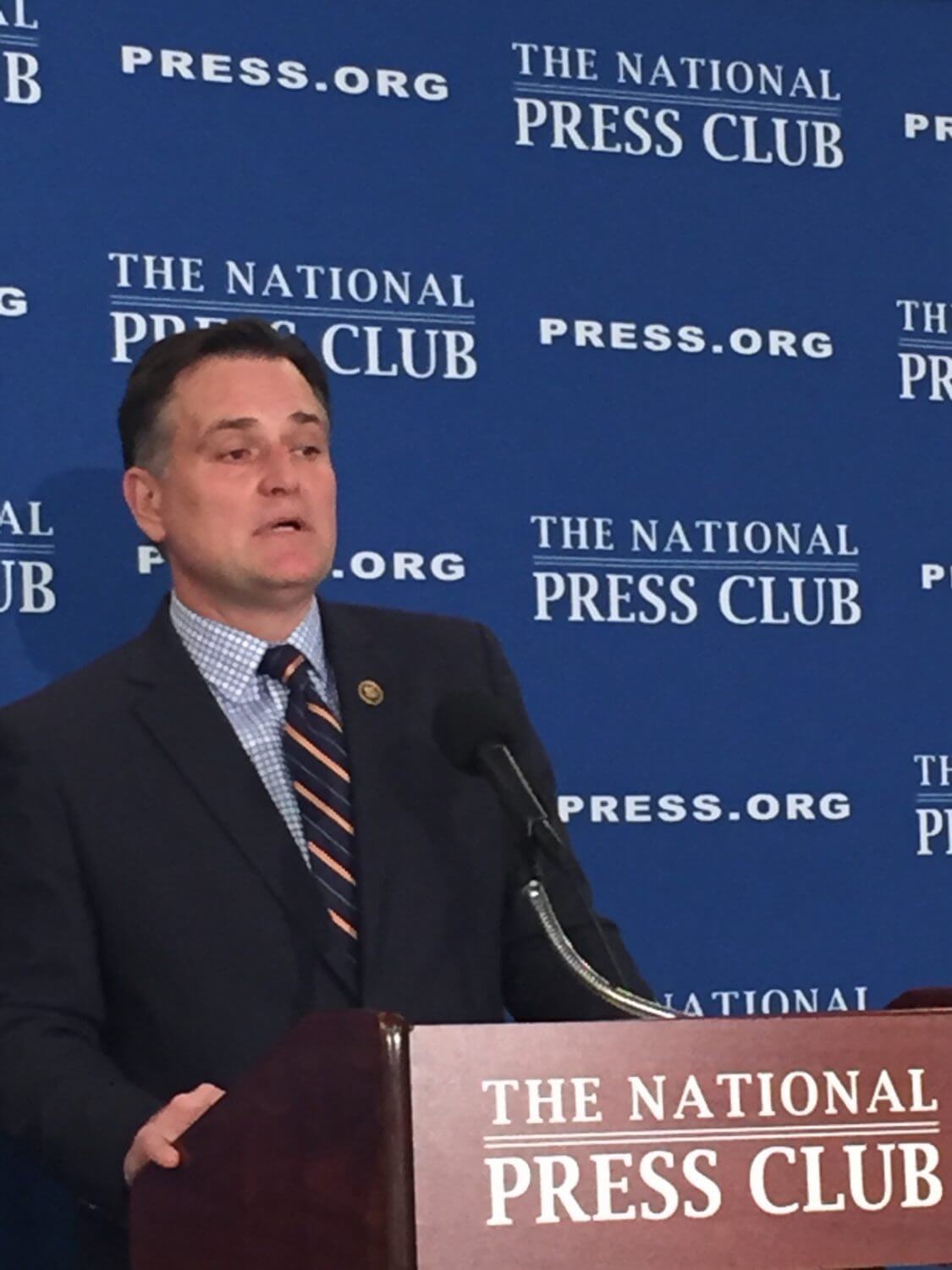WASHINGTON –In an election year Congress so gridlocked that Senate leaders are refusing to even entertain a Supreme Court nomination, House Republicans do have one policy priority that might get enough Democratic support to become law.
But even though leaders on both sides of the partisan split agree that expanding a tax credit for low-income workers is a good idea, the idea still might be sunk by disagreement over how to pay for it.
Messer said Tuesday that the House Republican Policy Committee also will push more school choice and allowing all health care expenses to be paid with pre-tax dollars.
But expansion of the Earned Income Tax Credit is one area most likely to get bipartisan agreement. Because it pays out only to those who work, Republicans see it as an alternative to other forms of entitlements. Messer said success with the EITC will require Congress to refrain from adding divisive amendments to the legislation.
“The key to getting some of these things is to move closer to single-subject bills,” he said.
The EITC, which has been around since the 1970s, gives income tax credits to low-income working families. For instance, a family with at least three kids and a combined income of no more than $54,000 a year – the highest income level — is eligible. In 2014 the program paid out $66.7 billion to 27.5 million taxpayers — anywhere from $2 to $6,200 — depending on income and number of children.
Messer proposed releasing the tax credit to workers monthly instead of yearly and potentially increasing the amount it pays to childless workers.
And while Messer’s proposal comes from the GOP leadership, Democrats have proposed similar EITC expansions. President Barack Obama included it in his 2017 budget and mentioned his cooperation with House Speaker Paul Ryan on the issue in his State of the Union address.
House Minority Leader Nancy Pelosi, D-Calif., has called it an issue “Democrats take ownership of, and I personally take some personal pride in having worked on.”
However, while both sides support expanding the program in theory, especially its supports for workers without children, Republicans and Democrats disagree on how an expansion should be implemented. Ryan has advocated cutting other kinds of entitlements he views as ineffective, but Democrats find that unacceptable.
At Messer’s briefing he acknowledged his plan would require more funding, but didn’t mention a source. Instead Messer framed the EITC as an alternative to raising the minimum wage.
Earlier this month Jason Furman, chair of the Council of Economic Advisers, said in a briefing that the White House would be open to compromise — but only to an extent.
“What you wouldn’t see flexibility on is the principle that this proposal is meant to reduce poverty. So if you cut one thing that’s helping to reduce poverty and use it to expand something else that would reduce poverty, you haven’t made the type of improvements that we envision,” Furman said.
Messer’s message Tuesday was that Congress needs to get the message that presidential primary voters are sending – “The American people don’t like the product they’ve been receiving from their leaders in Washington”
“Like it or not the American people are sending us a message,” he said, with the rise of presidential candidates Donald Trump and Sen. Bernie Sanders — who operate outside the mainstream of either major political party.
“Anger is not a strategy,” Messer said. “Ultimately we need solutions to the problems of our day.”


